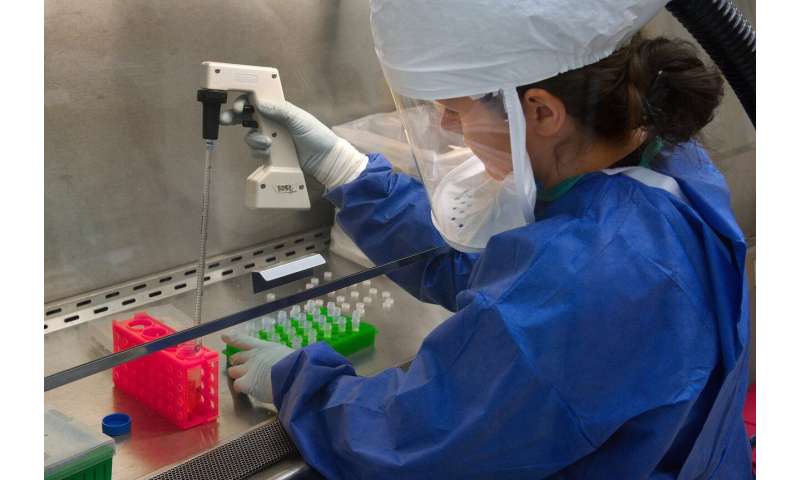Home » Health News »
COVID-19 affects adolescent and young adults sexual and reproductive health

Social distancing and limited access to contraceptive and abortion care during the COVID-19 pandemic is affecting the sexual and reproductive health of adolescents and young adults according to a new study by researchers at Columbia University Mailman School of Public Health and Rutgers University. The researchers address how these challenges, as well as peer and romantic relationships, are being navigated. The findings are published in the journal Perspectives on Sexual and Reproductive Health.
Huge changes for adolescents and young adults, include school closures, potentially much more time with family, the interruption of the normal trajectory toward increased independence and, for many, very limited or no physical proximity to sexual and romantic partners.
Even though the pandemic may lead to less opportunities for sex for some young people, disruptions in access to contraception and abortion can be extremely problematic for adolescents and young adults who are still able to be physically close to their partners during the pandemic, note the authors. “The good news is that some services, including obtaining many forms of contraception and receiving testing and treatment for sexually transmitted diseases can be handled through telemedicine,” said Leslie Kantor, a professor and chair of the Rutgers Department of Urban Global Public Health. “If telemedicine remains as widely available as it has been during the coronavirus pandemic, access to sexual and reproductive health care may actually improve for young people.” However, Kantor and colleagues say that lack of privacy and confidentiality, which many adolescents and young adults are experiencing while living at home with family, can also hinder the ability to get necessary sexual and reproductive healthcare.
In terms of testing for sexually transmitted infections or seeking abortion care, there is not a lot of data specifically on young people. But many states have tried to restrict abortion access by arguing it is not an essential service despite the fact that abortion clearly is essential and needs to be timely. There also have been very concerning declines in vaccinations for all children older than age 2 and the use of the HPV vaccine, which prevents cancer-causing infections and pre-cancers, has plummeted.
LGBTQ youth have also been impacted, although fortunately, many LGBTQ centers quickly moved support groups and other services online. Services such as QChat Space were already using digital platforms to convene and offer support to LGBTQ youth. However, for some youth whose families are less accepting, being quarantined for months can lead to significant tensions and confidentiality concerns, which could make LGBTQ youth more isolated.
Source: Read Full Article


